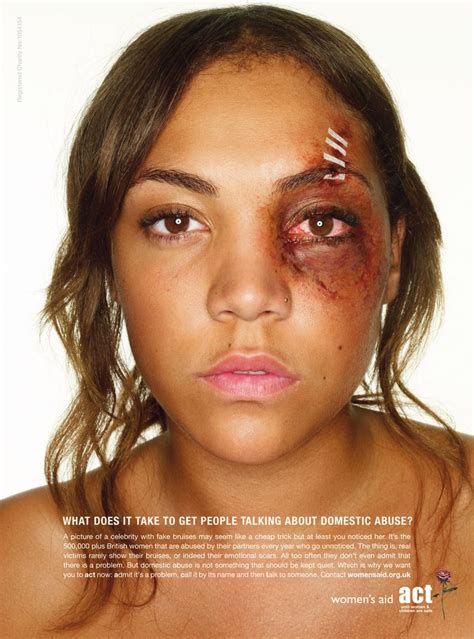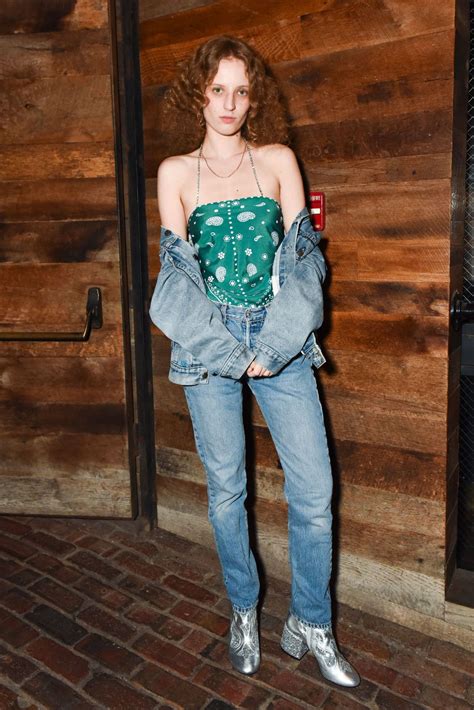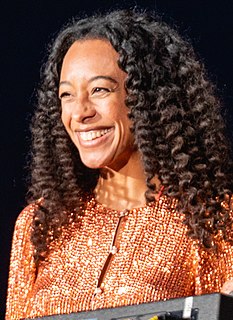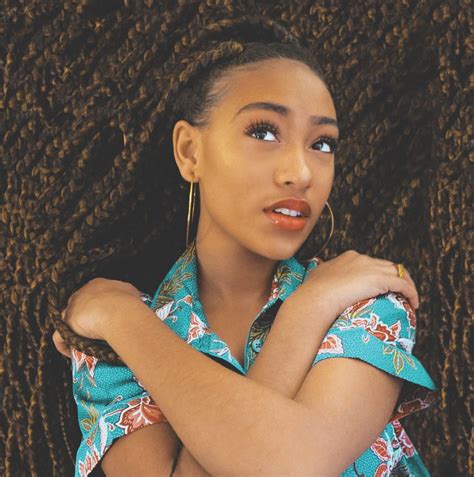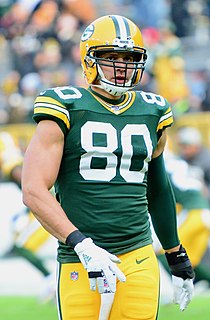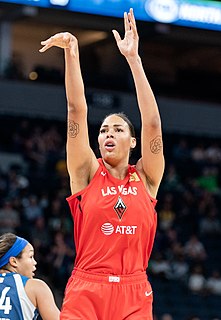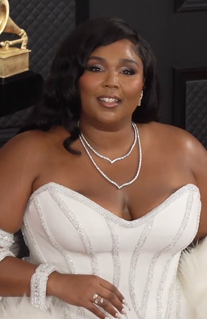A Quote by Miquita Oliver
Growing up, I saw Mum as being so celebratory of our culture. So I was surprised to hear - during discussions sparked by the Black Lives Matter protests - about the racism she experienced growing up, and the shame she once felt about being black.
Related Quotes
One of the facets of growing up the way I did, I never had the experience of being solely in the black community. Even my family, my mother is what they call Creole, so she's part French, part black, and grew up in Louisiana. It's a very specific kind of blackness that is different than what is traditionally thought of as the black community and black culture. So, I never felt a part of whatever that was.
My mother struggled immensely with mental illness, and so did I. She grew up bipolar, but it was never diagnosed nor recognized. It was shrugged off like a 'symptom' of being female - of her being weak. I also experienced this growing up: I felt that the great pain I experienced was a dramatisation.
I felt like it was a courageous show [Black-ish] from the beginning. We are a black family - we're not a family that happens to be black. But the show is not even about us being black. The show is about us being a family. That is groundbreaking - on TV, the black characters either happen to be black or they're the "black character," where everything they say is about being black. I think that's the genius.
My mom experienced racism. She was harassed by the KKK several times. And I experienced racism myself, growing up. In New Jersey, we had trash thrown on our lawn every day. And we had the lines to our Christmas lights cut three years in a row. We just stopped putting up Christmas lights after that. That's probably why I still don't put up any lights during the holidays.
I come from a real working class background, and I didn't know anyone sophisticated - except I saw Edie Sedgewick once at the Art Museum in Philly. She had these black leotards and little black pumps and this big ermine cape and all these white dogs and black sunglasses and black eyes. She was classy!
